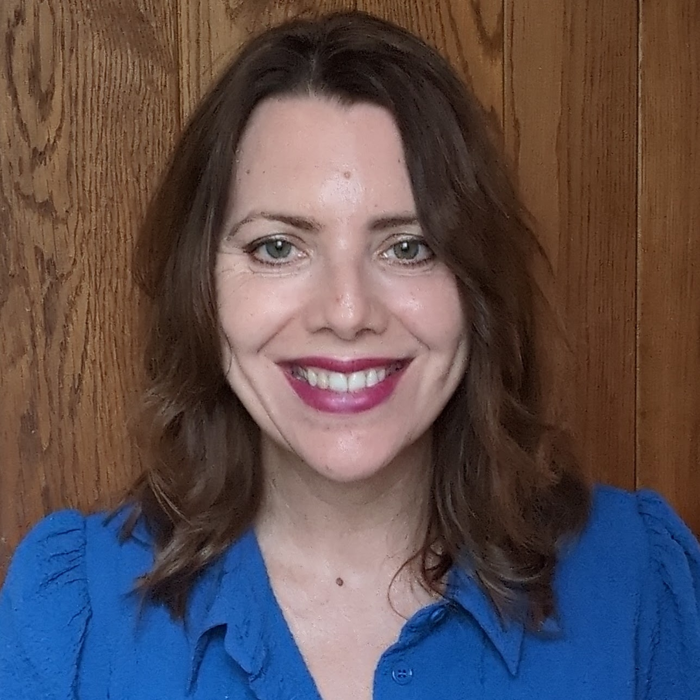How to Harness the Power of Perfectionistic Actions Without Losing Yourself
Tuesday 28th November 2023, 5:00 PM - 7:00 PM (London Time)
Many doers, go-getters, high-achievers and strivers love to do things the ‘right’ or ‘perfect way’, constantly think about how to be better, struggle dropping the ball, and are petrified at the idea of making mistakes. They also report being more ‘productive’ than ever but still feel like they aren’t doing enough.
The challenge with perfectionistic actions is that if they go unchecked, they can unfold into dissatisfaction, sadness, loneliness, shame, and a pattern of actions that are out of alignment with their values.
Drawing from research on Acceptance and Commitment Therapy (ACT), this workshop will guide participants to shift from unworkable behaviours towards values-based action so they can harness the power of perfectionistic actions without losing themselves.
In this workshop, participants will learn to:
- Check when perfectionistic behaviours make their lives better or miserable;
- Sit with the terrible discomfort that comes with living in an imperfect world;
- Put in action acceptance skills to handle the internal messiness they go through when things go wrong;
- Accept themselves as they are instead of as they wish to be;
- Practice flexible living when considering their personal values;
- Foster self-compassion practices to handle those harsh, criticising and negative narratives that show up in their minds;
- Practice three micro-skills to live in an imperfect and unpredictable world: decision-making, getting things done without losing one’s self, and finding a sustainable rhythm to do what matters.
Dr Patricia E. Zurita Ona
Because she has a long name, Dr Patricia E. Zurita Ona’s clients call her ‘Dr Z’. Dr Z is a licensed clinical psychologist in California, with undergraduate and doctoral specialised training in...

Attend this course for as little as £22 as part of the Voice Professional Training CPD Award Scheme.
Learn MoreSorry, this is an archived short course...
We have plenty of upcoming short courses coming soon. See details of some of them below or look at the full list of short courses.

Tuesday 13th January 2026
5:00 PM - 6:30 PM
Tuesday 20th January 2026
5:00 PM - 6:30 PM
Tuesday 27th January 2026
5:00 PM - 6:30 PM
Tuesday 3rd February 2026
5:00 PM - 6:30 PM
Tuesday 10th February 2026
5:00 PM - 6:30 PM
(London Time)
Introduction to Postgraduate Academic Skills - Join Live!

Debbie Winter
Are you ready to elevate your academic journey? Hosted by our very own Debbie Winter, join our comprehensive Introduction to Academic Skills course, designed to equip you with essential tools and strategies for success in higher education. Perfect for bridging the gap between undergraduate and postgraduate study, this course offers a pathway to our full MA for students without an existing degree. We offer both live, interactive sessions and standalone, pre-recorded content.

Thursday 15th January 2026
5:00 PM - 7:00 PM
Thursday 22nd January 2026
5:00 PM - 7:00 PM
Thursday 29th January 2026
5:00 PM - 7:00 PM
Thursday 5th February 2026
5:00 PM - 7:00 PM
Thursday 12th February 2026
5:00 PM - 7:00 PM
(London Time)
Trauma-Sensitive Voice Professional Certificate with Dr Elisa Monti

Dr Elisa Monti
Updated for 2026, this five-part certificate course is designed to help participants learn the theory and practice of trauma-sensitive approaches. The concepts and activities included are tailored to meet the needs of voice specialists who want to acquire more specific tools to navigate the space with their students and colleagues.

Monday 9th February 2026
5:00 PM - 7:00 PM
(London Time)
Certificate in Applied Voice Pedagogy with Adam Roberts

Adam Roberts
Spring Immersive - live and interactive learning! This 12-week online programme is designed for voice professionals committed to deepening applied voice pedagogy skills and advancing professional practice. The course offers a rich environment to reflect on your teaching philosophy and develop applied pedagogical techniques. It is ideal for voice teachers, coaches, therapists, and performers seeking to bridge foundational knowledge with practical, student-centered applications.
